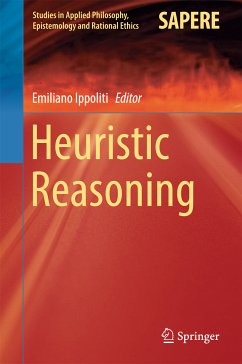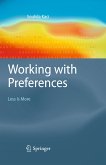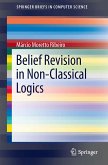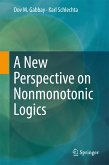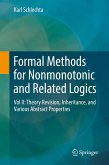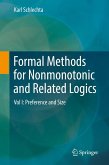The respective chapters in this book provide readers with answers to these questions. They focus on a set of issues that are essential to the development of types of reasoning for advancing knowledge, such as models for both revolutionary findings and paradigm shifts; ways of rationally addressing scientific disagreement, e.g. when a revolutionary discovery sparks considerable disagreement inside the scientific community; frameworks for both discovery and inference methods; and heuristics for economics and the social sciences.
Dieser Download kann aus rechtlichen Gründen nur mit Rechnungsadresse in A, B, BG, CY, CZ, D, DK, EW, E, FIN, F, GR, HR, H, IRL, I, LT, L, LR, M, NL, PL, P, R, S, SLO, SK ausgeliefert werden.

